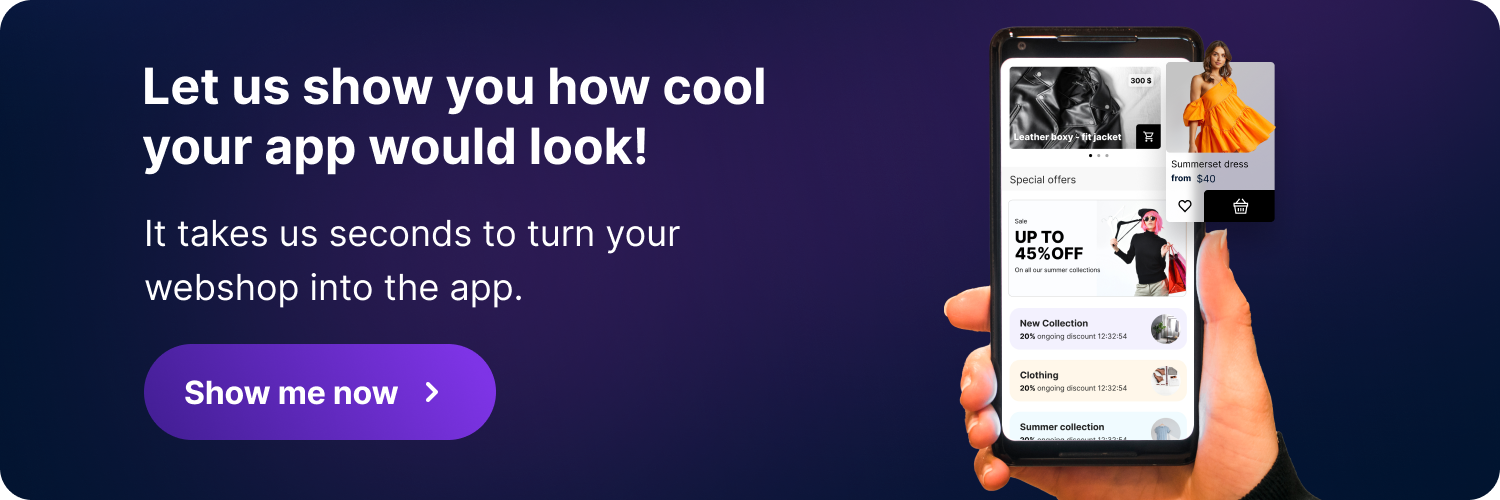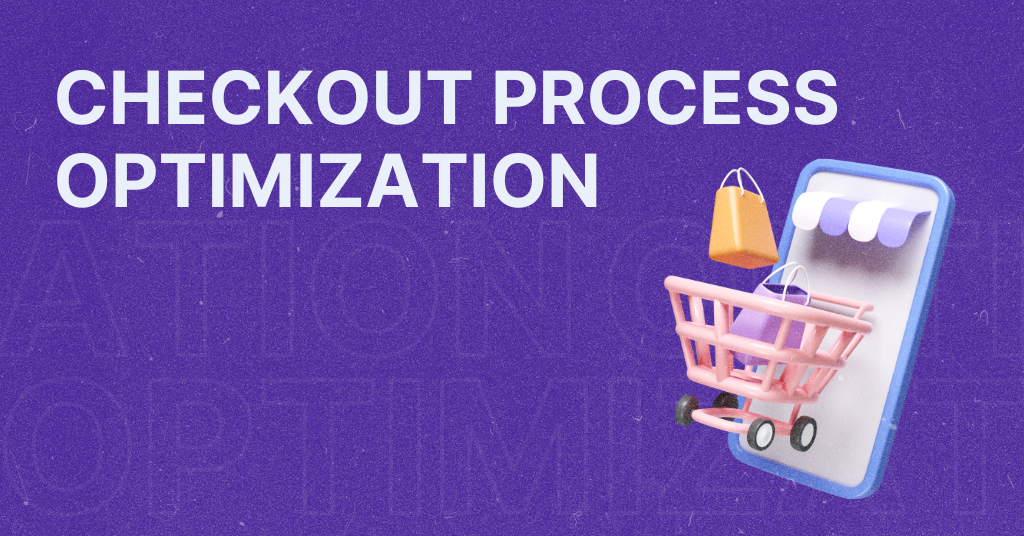
The Importance of Mobile App Personalization in e-commerce
In the era of digital commerce, mobile apps have become an integral part of our lives, providing a convenient platform for online shopping. However, with the ever-increasing competition in the e-commerce landscape, businesses need to go beyond the basics of having a mobile app and focus on delivering personalized experiences to stand out. Mobile app personalization has emerged as a critical factor in capturing customer attention, driving engagement, and boosting conversion rates. In this comprehensive article, we will delve deeper into the importance of mobile app personalization in e-commerce, exploring its impact on user experience, customer engagement, conversion rates, long-term customer loyalty, and revenue growth.
The Concept of Mobile App Personalization
Mobile app personalization revolves around tailoring the user experience to match individual preferences, behaviors, and demographics. By collecting and analyzing user data, businesses can gain valuable insights into their customers’ preferences, purchase history, browsing habits, and more. This data forms the foundation for creating personalized experiences that resonate with customers on a deeper level.
Personalization Techniques in Mobile Apps
To achieve effective personalization, businesses employ various techniques such as segmentation, targeting, and real-time personalization. Segmentation involves dividing users into distinct groups based on common characteristics, enabling tailored experiences for each segment. Targeting strategies focus on delivering personalized content, offers, and recommendations to specific segments or even individual users. Real-time personalization ensures that the app dynamically adapts to users’ changing preferences and behavior in the moment.

Enhancing User Experience through Personalization
Unlocking the power of personalization, this chapter explores how businesses can create tailored and immersive user experiences in mobile apps, delighting customers and fostering deeper engagement.
Customizing App Interface and Content
Personalization allows businesses to tailor the app’s interface, layout, and design elements to match users’ preferences and visual aesthetics. From choosing color schemes to organizing menus and navigation options, customization enhances the overall look and feel of the app, making it more visually appealing and intuitive. Additionally, delivering personalized content based on user behavior, interests, and preferences further enriches the user experience, increasing engagement and satisfaction.
Personalized Recommendations
One of the key benefits of mobile app personalization is the ability to deliver highly relevant product recommendations to users. By leveraging machine learning algorithms and techniques such as collaborative filtering (remember Netflix?) and content-based filtering, businesses can offer personalized recommendations that align with users’ interests and previous purchases. Personalized recommendations not only enhance the user experience but also drive product discovery and increase the likelihood of conversions.
Driving Customer Engagement with Personalized Experiences
In this chapter, we delve into the realm of customer engagement, highlighting the transformative impact of personalized experiences in mobile apps, and how businesses can effectively captivate and connect with their audience.
Personalized Push Notifications and In-App Messages
Mobile app personalization extends beyond the app itself. By utilizing personalized push notifications and in-app messages, businesses can proactively engage with users even when they are not actively using the app. These notifications can be tailored based on user preferences, behavior, location, or even time of day, ensuring that the messages are highly relevant and timely. Personalized alerts, reminders, and promotions effectively capture users’ attention and drive them back to the app, increasing engagement and fostering a sense of connection.
Gamification and Rewards
Integrating personalized gamification elements and rewards within the app can significantly enhance customer engagement. By offering personalized challenges, achievements, and rewards based on users’ preferences and behavior, businesses can create a sense of accomplishment and motivate users to interact more frequently with the app. Personalized loyalty programs and rewards further incentivize users to remain loyal to the brand, driving long-term engagement and fostering a positive brand-consumer relationship.
Increasing Conversion Rates with Personalization
Businesses can optimize conversion rates by delivering tailored offers, seamless user experiences, and irresistible incentives through their mobile apps.
Customized Offers and Discounts
Personalization enables businesses to deliver tailored offers and discounts to individual users based on their behavior, purchase history, and preferences. By analyzing user data, businesses can identify opportunities for personalized promotions and discounts, increasing the chances of conversion. Use dynamic pricing to offer time-sensitive promotions, personalized discounts, and exclusive offers catered to users’ preferences. That will not only tempt customers to make purchases but also creates a sense of exclusivity, fostering a stronger emotional connection with the brand.
Simplifying the Purchase Process
A streamlined and personalized purchase process plays a crucial role in driving conversion rates. Mobile app personalization allows businesses to pre-fill user information, such as shipping and billing addresses, simplifying the checkout process and reducing friction. Additionally, offering personalized payment options, such as saved credit card details or preferred payment methods, enhances convenience and expedites the transaction. Moreover, personalization helps in simplifying product search and filtering, presenting users with relevant options based on their preferences, leading to a smoother and more efficient shopping experience.
Building Customer Loyalty through Personalization
Uncover the key to long-lasting customer loyalty as we explore the profound impact of personalized interactions and targeted strategies in mobile apps, fostering stronger connections and cultivating a devoted customer base.
Personalized Customer Support
Exceptional customer support is an essential aspect of building customer loyalty. Mobile app personalization enables businesses to offer personalized customer support and assistance. By leveraging user data and purchase history, businesses can provide relevant recommendations, resolve issues promptly, and address customer concerns effectively. Furthermore, the integration of chatbots and AI-powered assistants allows for personalized interactions, offering users real-time support and guidance, thus enhancing customer satisfaction and loyalty.
Targeted Marketing Campaigns
Personalization plays a pivotal role in targeted marketing campaigns. By segmenting customers based on demographics, behavior, and preferences, businesses can create highly tailored marketing campaigns and email newsletters. Personalized content and promotions resonate with customers on an individual level, making them feel understood and valued. This, in turn, strengthens the emotional connection with the brand, fosters customer loyalty, and encourages repeat purchases.
Driving Revenue Growth with Personalization
In this chapter, we delve into the realm of revenue generation, highlighting how the strategic implementation of personalization in mobile apps can unlock new opportunities, increase average order values, and drive sustained revenue growth for businesses in the e-commerce landscape.
Upselling and Cross-Selling Opportunities
Mobile app personalization opens avenues for upselling and cross-selling. By leveraging personalized product recommendations, businesses can encourage customers to explore additional products or upgrade to higher-priced options that align with their preferences and needs. Furthermore, by analyzing user behavior and purchase history, businesses can identify cross-selling opportunities, suggesting complementary products that enhance the overall customer experience. These personalized upselling and cross-selling techniques drive higher average order values, ultimately leading to revenue growth.
Personalization and Retention
Retaining existing customers is crucial for sustained business growth. Personalization can be leveraged to implement targeted retention strategies. By predicting customer lifetime value and tailoring strategies accordingly, businesses can identify and address potential churn risks. Leveraging personalization to re-engage inactive or dormant customers through personalized offers, recommendations, or incentives helps in revitalizing their interest and encourages them to continue their relationship with the brand.
Conclusion
In the rapidly evolving world of e-commerce, mobile app personalization has become a necessity for businesses aiming to thrive and succeed. By delivering personalized experiences, businesses can enhance user engagement, improve conversion rates, build long-term customer loyalty, and drive revenue growth. Mobile apps have the unique ability to leverage user data and advanced personalization techniques to create tailored experiences that resonate with customers on an individual level.
To stay ahead of the competition and meet the ever-increasing expectations of tech-savvy consumers, e-commerce businesses must prioritize mobile app personalization as a key strategic initiative. By embracing personalization, businesses can revolutionize customer experiences and build a strong foundation for long-term success in the digital marketplace.
Let’s book a 30-min mobile strategy session and give your shop a boost.
Let’s book a 30-min mobile strategy session and give your shop a boost.


